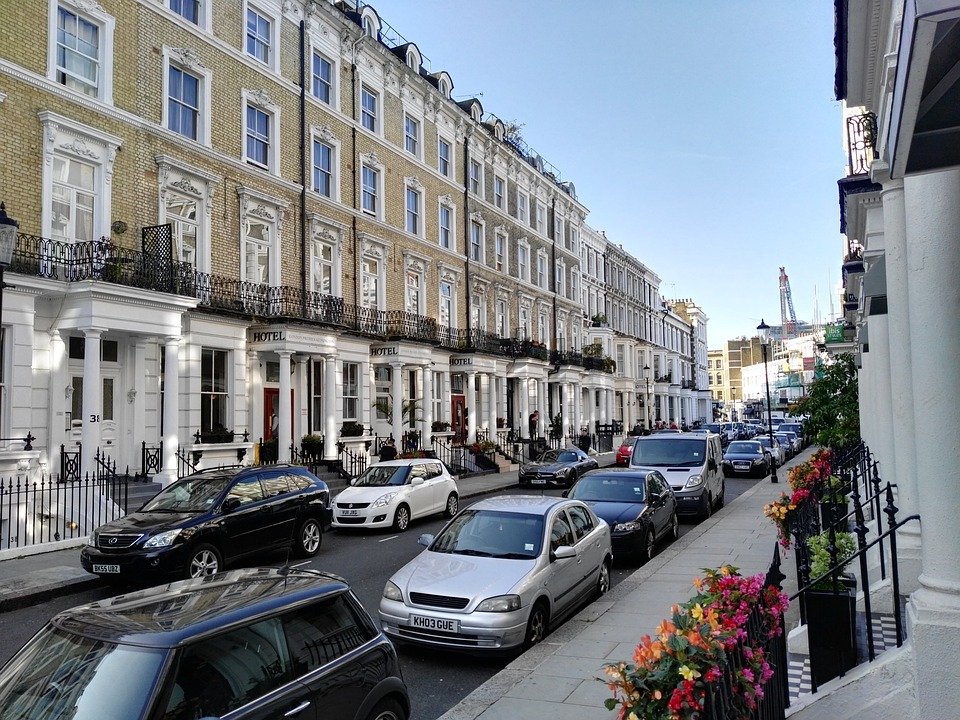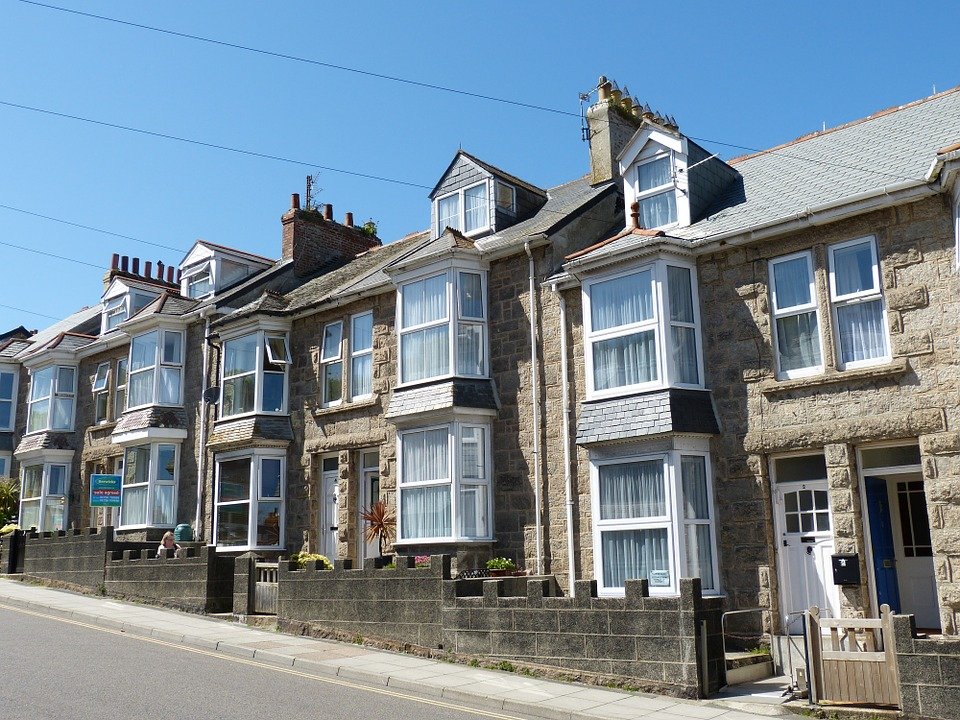UK housebuilders rallied on Wednesday following a report that Friday’s mini-budget could include a plan to cut stamp duty.
According to The Times, prime minister Liz Truss will announce the move in the mini-budget in an attempt to drive economic growth. It was understood the PM and chancellor Kwasi Kwarteng have been working on the plans for more than a month.
Truss believes that cutting stamp duty will encourage economic growth by allowing more people to move and enabling first-time buyers to get on the property ladder, The Times said.
It cited two Whitehall sources as saying that cuts to stamp duty were the “rabbit” in the mini-budget, which the government is billing as a “growth plan”.
Under the current system, no stamp duty is paid on the first £125,000 of any property purchase. Between £125,001 and £250,000 stamp duty is levied at 2%, £250,001 and £925,000 at 5%, £925,001 and £1.5m at 10% and anything above £1.5m at 12%. For first-time buyers the threshold at which stamp duty is paid is £300,000.
During the pandemic, then chancellor Rishi Sunak lifted the stamp duty threshold to £500,000.
At 0910 BST, Persimmon shares were up 5.4%, while Taylor Wimpey and Barratt were up 4% and Berkeley was 3.5% firmer. On the FTSE 250, Redrow was 5.6% higher, while Bellway and Crest Nicholson were up 3.6% and 3.4%, respectively.
Tom Bill, head of UK residential research at Knight Frank, said: “Nobody can accuse the new government of lacking an economic vision. If its low-tax approach extends to stamp duty, recent history tells us it will trigger higher levels of demand in the housing market at a time when mortgages are getting more expensive, which will support social mobility.
Contact us today to speak with a specialist Commercial Finance Broker to discuss how we can assist you.
“Prices could move higher in the short term if supply initially struggles to keep up but more balanced conditions will return provided the cut is immediate and permanent.”
Neil Wilson, chief market analyst at Markets.com, referred to the potential stamp duty cut as “the old Tory trick of juicing the housing market in its heartlands to boost confidence (wealth effect) whilst doing not a lot for housing supply”.
“I’m not for concreting over the green belt at all, but there will be questions about the economic soundness of this policy, as there always is. However, with interest rates rising so quickly, an offset to the cost of buying a home would grease the wheels of the market -without higher rates could cause the housing market to seize up.”
He added: “Clearly a stamp duty cut is good news for housebuilders who can expect higher selling prices as a result.”
Sarah Coles, senior personal finance analyst at Hargreaves Lansdown, argued that a stamp duty cut could do more harm than good.
“Buyers are unlikely to be unhappy at the prospect of a tax cut, but if the government chooses to cut Stamp Duty in an effort to stimulate the housing market, there’s a risk it could do more harm than good.
Read about the UK Housing Market via our Specialist Residential & Buy to Let Division
“It’s easy to see why the government is concerned about the housing market. We’ve seen demand fall consistently since May, when rocketing bills, rising house prices and ever-increasing interest rates started to take a toll on buyer enthusiasm. There’s a risk that if rate rises accelerate, pressure on buyers could reach a tipping point, where demand dries up.
“We know from very recent experience that a Stamp Duty holiday can stimulate demand. However, the only reason these holidays work is because people feel they have a small window of opportunity to take advantage, otherwise they’ll miss out. The point at which they think they can just wait for the next one, they will start to become less effective.
“Even if it does stimulate demand, it overlooks the fact that the real brake on the property market is a severe shortage of supply. With an average of 36 properties on each agent’s books, we’re still close to an all-time low in the availability of property for sale. Driving demand without addressing supply would risk more buyers chasing a tiny number of properties, which would push prices up.
“By ramping up prices at a time of rising mortgage rates, the end result would be higher monthly mortgage costs, which would be increasingly unaffordable. And the Stamp Duty holiday wouldn’t help on this front. This in itself could be enough to put buyers off, and if it deters enough of them, it could end up having the opposite impact to the one that’s intended.”
By Michele Maatouk
Source: Sharecast








